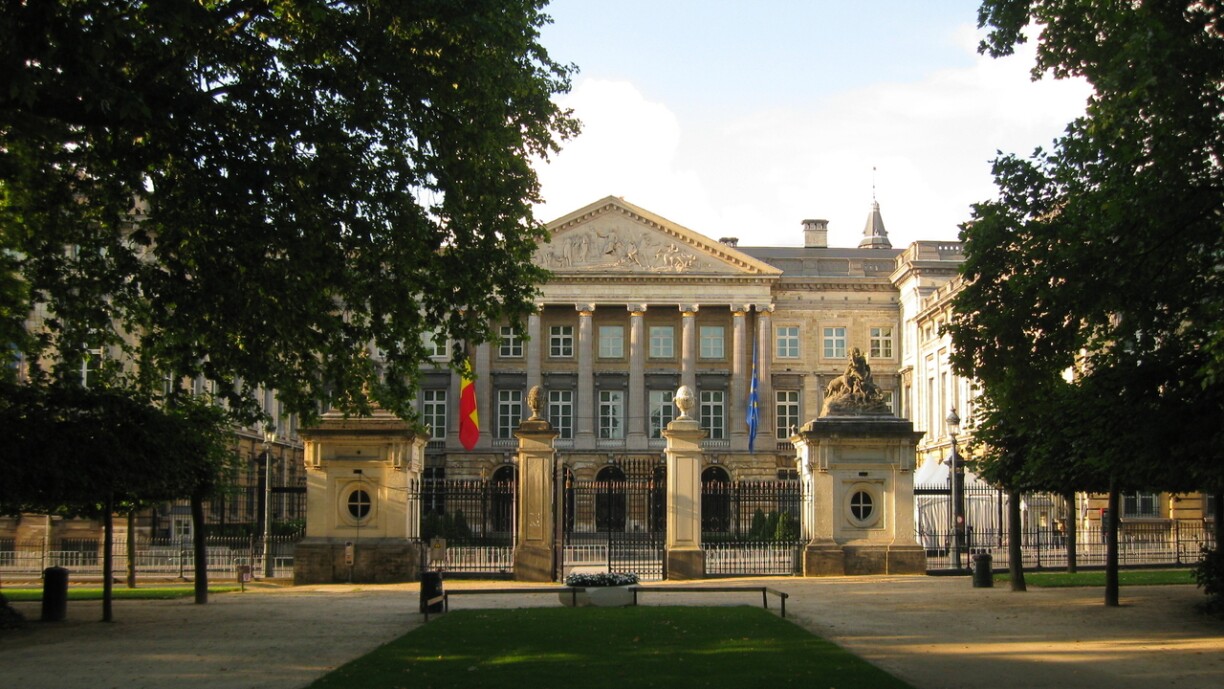
In Belgium, alongside the European elections, national elections have also taken place. The far-right Flemish separatists are expected to make significant gains, potentially securing 25 out of 150 seats.
In the Walloon region, the vote is expected to swing significantly to the left. The Communist Workers’ Party is predicted to secure up to 20 percent in Brussels and 15 percent in Wallonia, resulting in 19 seats, up from the current 12. This would mean 46 seats occupied by radical parties, which might risk being excluded from forming a government.
Establishing a new government could be challenging. After the last elections, it took nearly 500 days to form a coalition of seven parties.
A central role in the formation is likely to be played by the French-speaking liberal party “Mouvement Réformateur” and the centrist party “Les Engagés,” both of which have shown strong improvements in the polls.